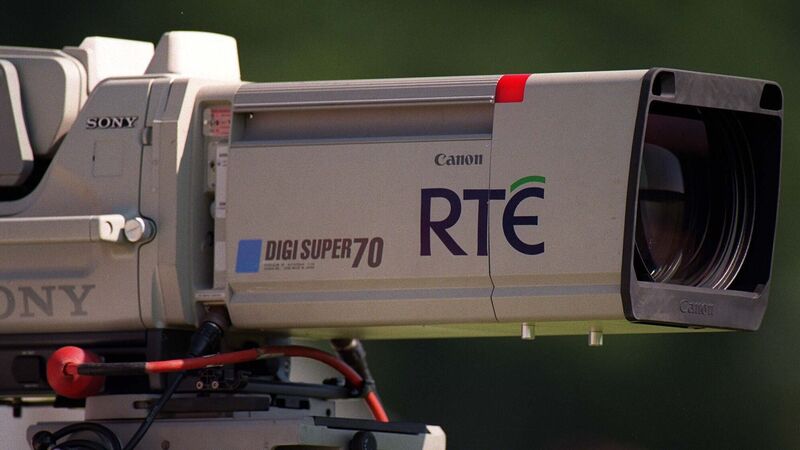Elaine Loughlin: Catherine Martin chose the weakest and least radical course on RTÉ funding

Elaine Loughlin writes: 'Instead of scrapping the TV licence — which she had long pushed for — Ms Martin has landed on a watered-down, stopgap approach to the future funding of RTÉ.' File picture: Brendan Moran/Sportsfile
After much hype and delay, Media Minister Catherine Martin has again shown political weakness by bottling what could have been a defining moment.
The minister clearly had a preferred plan that would have addressed RTÉ’s funding crisis for once and for all.
















